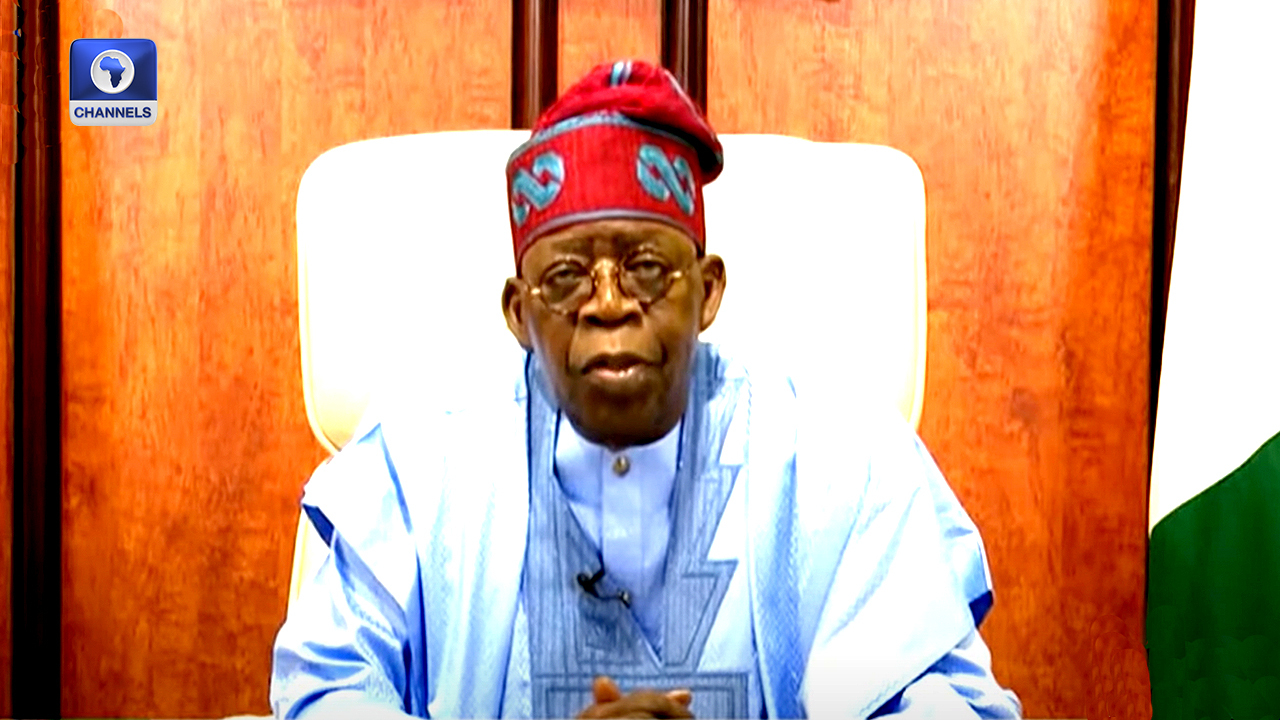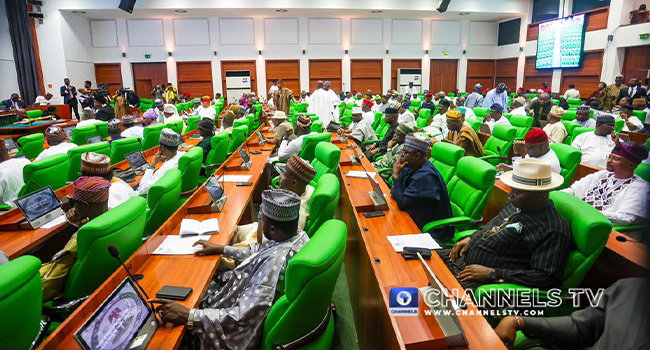Pope Francis praised the “brave” Ukrainians defending themselves from Russia’s “ferocious” onslaught in an interview published Tuesday, but said the war was “perhaps in some way provoked” by NATO.
“What we are seeing is the brutality and ferocity with which this war is being carried out by the troops, generally mercenaries, used by the Russians,” he said, describing the Ukrainians as “a brave people”.
But, he warned, “the danger is that we only see this, which is monstrous, and we do not see the whole drama that is unfolding behind this war, which was perhaps in some way either provoked or not prevented”.
The pope has repeatedly condemned the war in Ukraine but has drawn criticism for failing to explicitly lay the blame on the Russian President Vladimir Putin.
There were “no metaphysical good guys and bad guys here, in an abstract way,” he said in conversation last month with editors of Jesuit media, published by the Jesuit journal Civilta Cattolica Tuesday.
“Something global is emerging, with elements that are very much intertwined”.
Putin, he said, could not be painted as merely the “wolf”, with the West as “Little Red Riding Hood”.
The pope quoted an unnamed head of state as telling him a couple of months before February’s invasion that he was “very concerned about the way NATO was moving” and that the military alliance was “barking at the gates of Russia”.
Francis made a similar comment on the conflict’s possible causes in May, when he spoke in an interview of an “anger” in the Kremlin which could have been “facilitated” by “the barking of NATO at Russia’s door”.
The head of the Roman Catholic Church defended himself from critics who would accuse him of being in favour of Putin.
“Someone may say to me at this point: but you are pro-Putin! No, I am not. It would be simplistic and wrong to say such a thing,” he said.
“I am simply against reducing complexity to the distinction between good guys and bad guys, without reasoning about roots and interests, which are very complex.”
He also included the arms industry among possible incentives for war.







